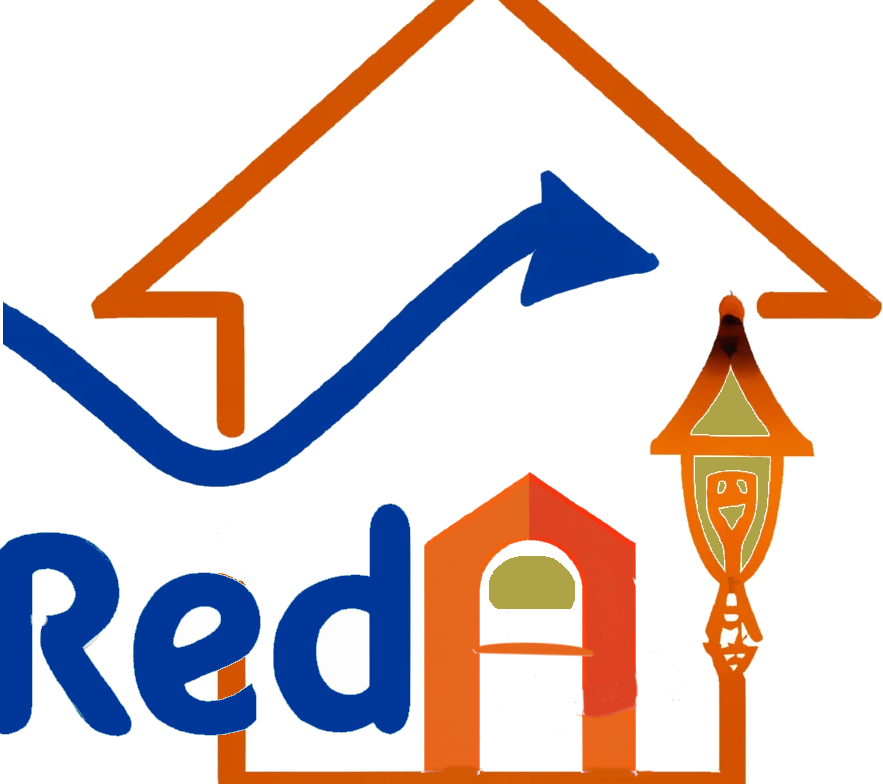Web 3.0 refers to the next stage in the evolution of the internet, where the focus is on creating a decentralized, intelligent, and more user-centric web. It is built on top of the existing infrastructure of the web and the internet, but with new technologies and ideas that aim to create a more open, transparent, and secure online environment.
WEB 3.0 TECHNOLOGIES INCLUDE:
Decentralized networks, such as blockchain, which allow for the creation of decentralized apps and services that are not controlled by any single entity.
Distributed ledgers, which allow for the creation of tamper-proof and transparent records of transactions, such as those in a blockchain network.
Smart contracts, which are self-executing contracts that can automatically enforce the terms of an agreement.
Decentralized storage, which allows for the storage of data on a decentralized network rather than on a centralized server.
Artificial intelligence and machine learning, which allows for the creation of intelligent and adaptive systems that can learn and improve over time.
Web 3.0 is expected to bring about a number of benefits, such as increased security and privacy, improved transparency, and greater control for users over their data. It also has the potential to create new business models and revenue streams, and to promote innovation in a wide range of industries.
THE CONNECTION BETWEEN BLOCKCHAIN TECHNOLOGY AND WEB 3.0
Blockchain technology is closely connected to the concept of Web 3.0 as it is a key technology that enables the decentralized and distributed nature of Web 3.0. Blockchain is a digital ledger that records transactions across a network of computers, making it tamper-proof and transparent. It is the foundation of the decentralized infrastructure that powers Web 3.0.
Blockchain enables the creation of decentralized applications (dApps) that run on a peer-to-peer network, rather than on a centralized server, which means that there is no single point of control or failure. This allows for greater security, transparency, and trust between users.
In addition, blockchain technology also enables the use of smart contracts, which are self-executing contracts with the terms of the agreement written into code. They can be used to automate processes and reduce the need for intermediaries, making them ideal for use in various industries such as finance, supply chain, real estate, and many more.
Furthermore, blockchain technology also enables the use of decentralized storage, which allows for the storage of data on a decentralized network rather than on a centralized server, which is more secure, private, and resistant to censorship.
Overall, the decentralized, transparent, and secure nature of blockchain technology is well-suited to the goals of Web 3.0 and is expected to play a key role in its development and implementation.
How can you safely invest in Web 3.0? Let’s explore some options for storing crypto.

No responses yet